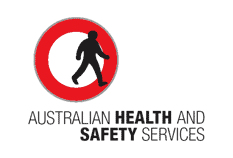In line with recommendations made in the 2005 Productivity Commission’s review of workers compensation and occupational health and safety, the Commonwealth Government have introduced legislation that would remove cover for injuries received during journeys to and from work and during authorised recess breaks (lunchtimes).
It is argued that as the employer has little or no control over the circumstances under which the employee travels to and from work and cannot direct the actions and activities of employees during lunchtimes then they should not be liable for any injuries that might be suffered.
A number of states and territories have already introduced these provisions over recent years and whilst there is wide spread support generally from employers there is also strong opposition to the changes from unions and other interest groups claiming that the journey is only undertaken because of work and therefore should be covered.
Other changes proposed will see the connection with work to justify a compensation claim raised from ‘Material’ to ‘Significant’, which on the surface appears to be a bit of semantics but underneath will make it much tougher to claim injury or illness, particularly in relation to stress or psychological claims.
This is an issue over which there will be much debate in coming months.
